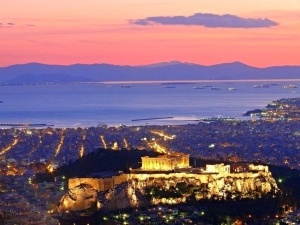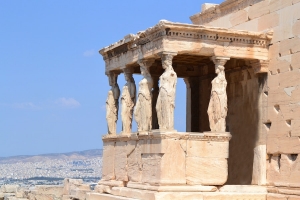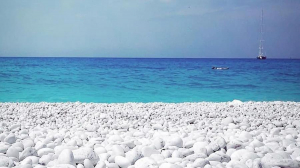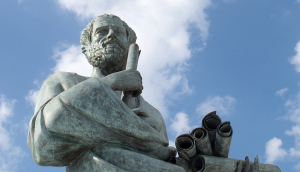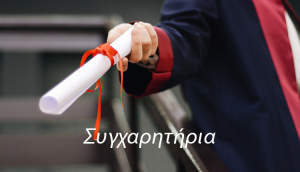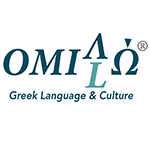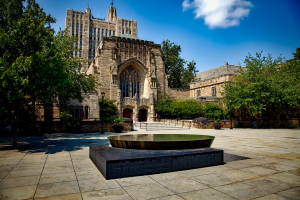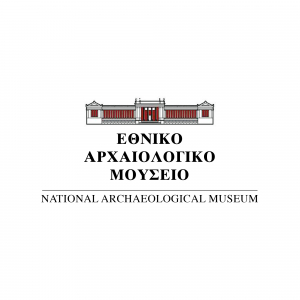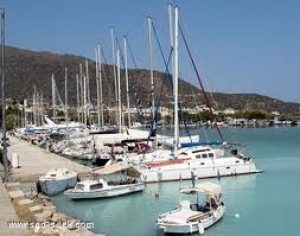XpatAthens
August 22 - A Never Ending Summer
Remember to stay connected with us through our weekly newsletter, Facebook, and Twitter!
Acropolis To Close Early As Heatwave Continues In Athens
UK MasterChef Final Filled With Cretan Flavors
June 11 - Dive In & Refresh
Harvard’s Greek-Themed Online Course Attracts More Than 40,000 Participants
Mission & Values
We believe that sustainable community creates sustainable economy, which provides us all with a sustainable existence. Our organization creates community, provides community, and supports community – globally and locally – virtually and physically.
We love living globally and contributing locally!
- Consciously, sustainably, and creatively building physical and digital community.
- Global connection through local living.
- Respect and acceptance of all local cultures, their land and their people.
- Moving about the globe respectfully, with care, awareness, and with low impact on local communities and our Earth.
- Balance, harmony, excellence, responsibility of self, and compassion for others.
- Global citizens with unique cultures.
- The ease of communication and understanding, and the growth of knowledge between all people and their cultures.
- Bridging people, knowledge and information.
- The continued improvement of our lives and the lives of others in the communities that we live in, as well as the communities that we visit.
- Sustainable communities to create sustainable economies to create sustainable existence.
Learn about ways to support us or get in touch with us directly.
We welcome you to join us and become part of the community in Greece!
Stay connected with us through our newsletter, on Facebook, Instagram and LinkedIn.
How To Wish Something In Greek
A New Beginning In The Calendar
When Eating Or Drinking
Καλή όρεξη! [kali orexi] - Enjoy your meal!
New Acquisitions
Even if someone is buying something, people in Greece also use wishes:
Sickness
When somebody is not well or sick, it is nice to wish them:
Traveling
For someone traveling or ready to leave, you can wish him the following:
Καλό δρόμο!/ Στο καλό! [Kalo dromo!/Sto kalo!] – Drive (home) safely!
Congratulating
A very pleasant and positive wish, you can use many times!
Interested in more? Then download our free eBook and audio pronounciation guide, by clicking on this link.
About OMILO
Omilo Greek Language and Culture inspires people from all over the world to learn Greek, while exploring Greece. They offer 1- and 2-week courses for adults that combine beautiful course locations, experienced teachers, and a balanced combination of Greek classes with cultural activities. All these make Omilo a place where people enjoy learning modern Greek and have fun.
Besides the courses, Omilo also creates online publications to help adults expand their language skills through Language Books and eBooks for different language levels.
Athens University & Yale To Offer Joint Degrees
National Archaeological Museum
The National Archaeological Museum is the largest museum in Greece and one of the most important in the world. Originally destined to receive all the 19th century excavations, mainly from Attica and other parts of the country, it gradually took the form of a central National Archaeological Museum and was enriched with finds from all parts of the Greek world. His rich collections, enumerating more than 11,000 exhibits, offer the visitor a panorama of ancient Greek culture from the beginning of prehistory to the late antiquity.
The museum is housed in the imposing neoclassical building, built at the end of the 19th century in designs by L. Lange and eventually formed by Ernst Ziller. Its exhibition grounds, dozens of halls on each floor, cover an area of 8,000 m² and houses the five major permanent collections:
• The Collection of Prehistoric Antiquities, including works of the great civilizations that developed in the Aegean from the 6th millennium to 1050 BC. (Neolithic, Cycladic and Mycenaean) and finds from the prehistoric settlement of Thira.
• The Sculpture Collection, which presents the evolution of ancient Greek sculpture from the 7th century. B.C. until the 5th c. AD, through unique works of art.
• The Vase and Minerals Collection, which includes representative works of ancient Greek ceramics from the 11th century. B.C. up to the Roman era, as well as the Stathatos Collection, a timeless collection of miniature artifacts.
• The Metallurgical Works Collection with many unique original works, statues, figurines and miniature works.
• Finally, the unique for Greece Collection of Egyptian and Eastern Antiquities with works of art, dating from the pre-emptive period (5000 BC) to the times of the Roman conquest.
The museum has a rich photographic archive and a library with many rare editions, which is continuously enriched for the needs of scientific staff. It also has modern workshops for the maintenance of metallic objects, ceramics, stone, casting workshops, organic materials, photographic workshop and chemical laboratory. There are also halls of periodical exhibitions, a lecture theater, as well as one of the largest collections of the Archaeological Resources Fund.
The National Archaeological Museum accepts thousands of visitors each year. Along with the exhibition of exhibits, he organizes periodical exhibitions and participates by lending his works to exhibitions both in Greece and abroad.
In addition, it serves as a research center for scientists from all over the world and participates in the development of special educational and other programs. Archaeological lectures are organized in the amphitheater, while innovation is also the possibility of guiding people with hearing problems by scientific staff.
Methana
The peninsula of Méthana with its two steep volcanic slopes is actually a volcano that emerged from the sea! Welcome the opportunity to explore a stunning volcanic landscape with dense vegetation, coastal villages and diverse flora and fauna. The establishment of the spa complex in 1870 made it a popular spa town attracting mainly senior citizens from many European countries.
Follow a fascinating route to the fishing village of Agios Geórgios and on to the Baths of Pausanias, one of the peninsula’s hot springs, or follow the footsteps of the ancient historian Pausanias to the ancient city of Méthana.
In the village of Paleókastro stand the remains of the classical walls and gates of an acropolis, the rest of which fell into the sea due to a volcanic eruption.
The peninsula boasts approximately 32 volcanoes. Climbing to the largest crater is a truly challenging experience. Start from Kaméni Hóra and follow the path on a 25-minute climb to the lip of the volcano. Step on now solid red lava flows and take in views of a different world of savage black, red and green crags and sharp abysses… Last but not least, soak up the atmosphere along the island’s volcanic beaches (Nissaki Ayion Anaryiron, Limniónas and Vathý).
To read more, please see visitgreece.gr

